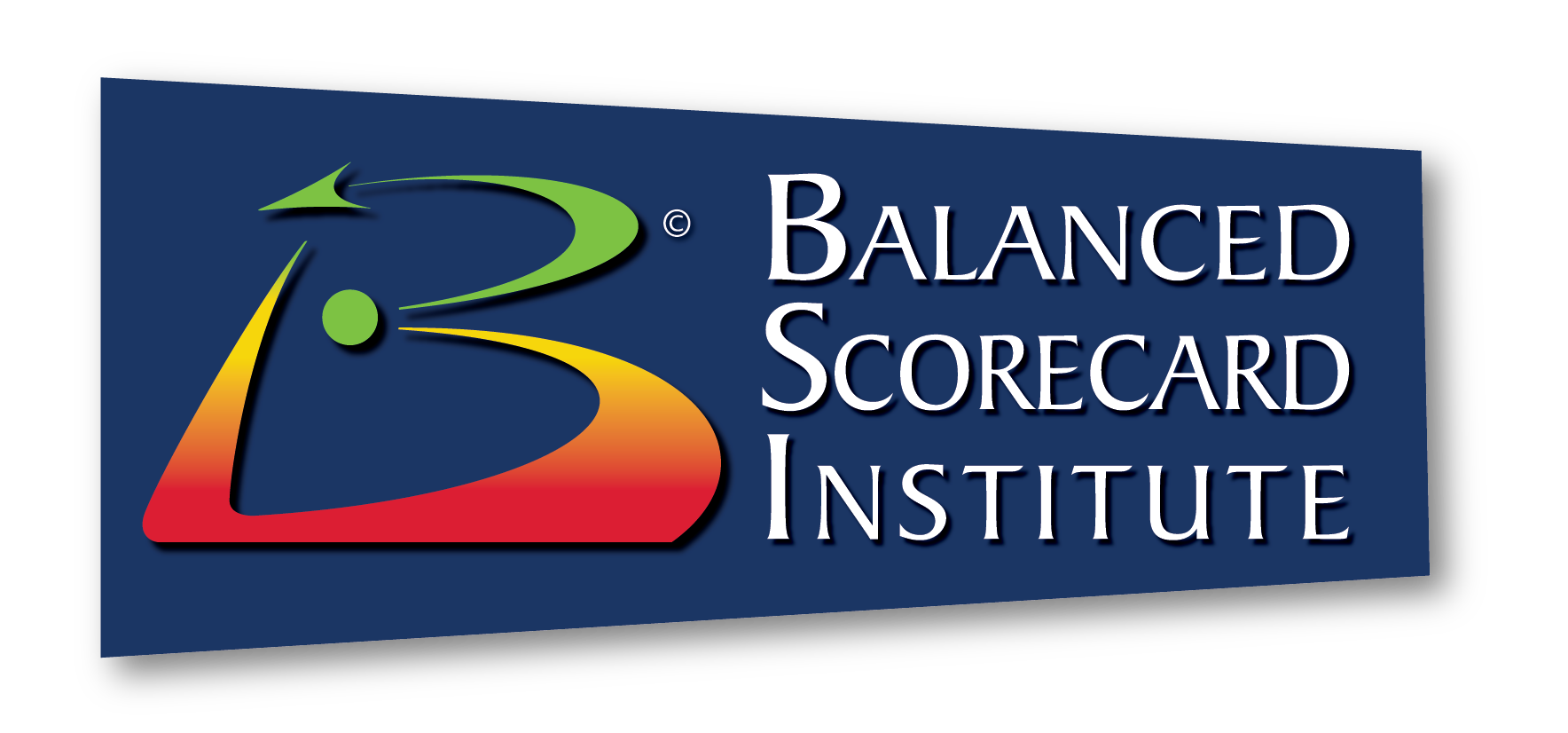“It’s not hard to make decisions when you know what your values are.” – Roy E. Disney

Values can sometimes seem like the stepchild of strategic planning. The guts of a strategic plan can include a results-oriented vision translated into specific objectives, measures and initiatives that will support it.
Values, on the other hand, can feel a bit fuzzy. Often, people think of values as a “do-gooder” thing. The exercise of defining values may feel like an exercise in identifying lofty sentiments rather than guiding day-to-day behavior.
Edgar Schein, who has made a career of studying organizational culture and values, makes a distinction between “espoused values” – the things we say we believe in – and “shared tacit assumptions” – the often unspoken assumptions about “the way things are” that actually shape our behavior. All organizations have values, whether these are explicit or not.
This last point is important. For example, Enron had a list of four values that sounded very convincing: respect, integrity, communication and excellence. There also were a number of other values, such as “consistent profits quarter over quarter no matter what,” that weren’t stated, yet were the primary drivers of management behaviors – hidden from public view until it was too late.
These kinds of values – stating things that sound nice but don’t really guide our behavior – are what we call “lobbyware.” They look good on a plaque but don’t really say anything about how we make decisions.
There’s nothing wrong with having a value based on profit—this is how businesses grow and sustain over time. I was working with the executive team of a privately-held company, defining values as part of Step 1 of the Institute’s Nine Step process, and the CEO proposed a value of “profit.” Some of his executives were mildly horrified, to say the least. They were coming from the paradigm that all values have to be “nice,” and felt that somehow focusing on profit just wouldn’t be very motivating to most employees. The CEO’s response was telling – “If we don’t make a profit, we’re out of business. And we’re all out of a job.” Similarly, in the non-profit world, we hear the slogan “No margin, no mission.”
And, all values aren’t necessarily “humanistic” attributes like teamwork, respect, or public service. Values create both an ethical and a practical compass that influences actions and decision in every-day situations. In a “lean” company like Toyota, for example, values include “Go to where the work is done and find the facts,” “Encourage Consistency,” and “Reduce Waste” – all part of a rigorous emphasis on continuous, measureable process improvement.
Ultimately, values reflect the personality of the organization, and are an important component of the organization’s culture – part of the foundational perspective we refer to as “Organizational Capacity.” As part of this, well-articulated values can be a powerful way to attract and screen new employees who are compatible with the culture of your organization.
Finally, the assessment of an organization’s strengths and weaknesses may show that the current values of the leadership or workforce are incompatible with what is needed to move forward, seize opportunities, or adapt to change. In that case, a strategic theme addressing cultural transformation may be called for. This cultural transformation may be essential to achieve other goals of the organization.
Read more about Values in The Institute Way: Simplify Strategic Planning and Management with the Balanced Scorecard.
Dan is co-author of The Institute Way. An accomplished facilitator and trainer, Dan has a 30 year background as a manager, management consultant and executive coach. His previous professional consulting experience includes work with Accenture and Ernst & Young.

